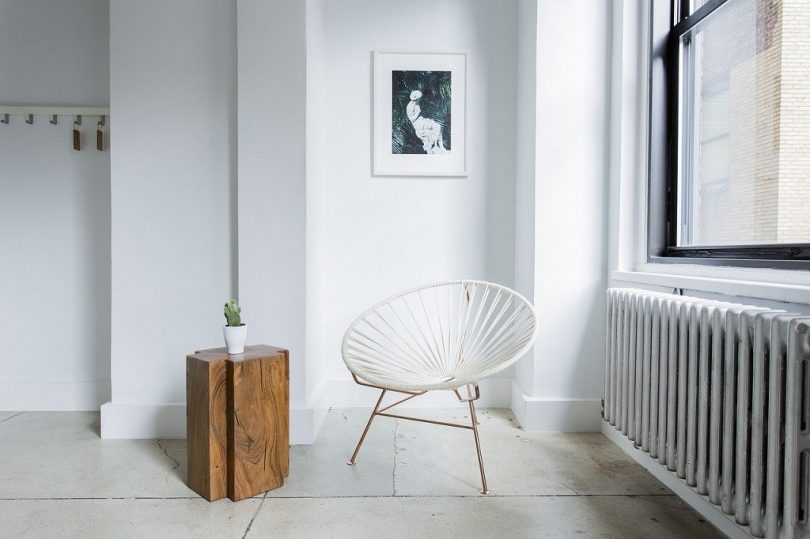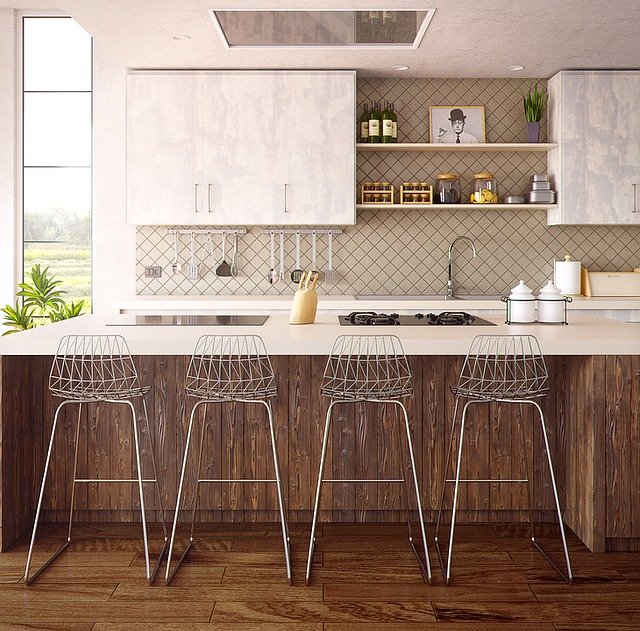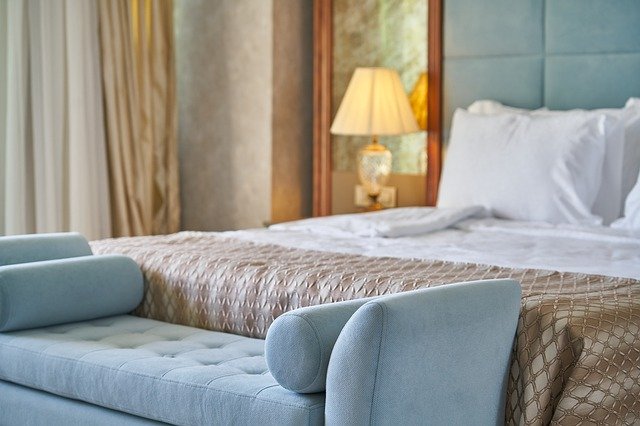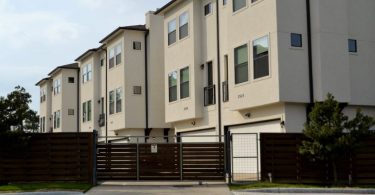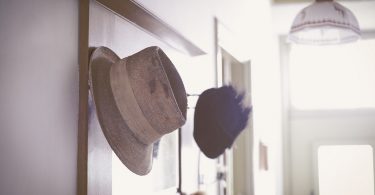If you have decided to buy a home in Madrid after much contemplation, you should take several important aspects into account before actually taking the plunge. You should always know what type of property you want to buy and live in, and you should be aware of your maximum budget, so you won’t overspend or get yourself into financial trouble.
So today’s blog article by ShMadrid will share a few basics on how to decide what is the right property for you.
Related article: Advantages of Buying a Renovated Apartment in Madrid
How to decide when buying a new property
If you think that buying a house is easy, then we must inform you that this is not always case, unfortunately… In fact, if you go out of your way to ensure a smooth process, then you are likely to end up buying a house that doesn’t suit you, and you could even be paying too high a price for it as well.
Before buying a home, you should always consider what kind of property suits you best. You have several choices when searching for your ideal type of property. There are, for example, new homes being developed, and buying this type of property can be arranged through cooperation, but you can also buy a home that is new and ready to move into or a second-hand house.
Every type of property has its advantages and disadvantages, and there are specific purchase costs that are the consequence of your choice. If the property hasn’t been built yet, then the property development company is the right place to start.
Do your research and find out which other new building projects the development company is involved in. Consider asking residents of recently finished homes about the quality and finishes of their new home.
As for the costs, newly built apartments are subject to 10% VAT to be paid on the purchasing price, while you pay 4% for subsidized housing. Second-hand houses are not subject to VAT, but you do have to pay ITP (Property Transfer Tax), and the percentage of this tax depends on the Autonomous Community your new home is in. Normally it is between 6% and 8%.
Related article: Advantages and Disadvantages of Buying and Renting a Home
Before starting your search for a new property, make absolutely sure you know what you can afford. Always remember that a bank will only grant you a mortgage with a maximum of 80% of the value of the property.
This means you will have to pay for the remaining 20% (or more) yourself. You also mustn’t forget the additional costs that go with buying a property. Overall you can count on an extra 10 to 15% for the valuation, registry, notary, registration of deeds, etc.
This immediately explains why you should be aware of your financial possibilities and should not be tempted to make hasty or foolish decisions, as these can have long term effects. Theoretically, you should not spend more than 40% of your monthly income on mortgage payments. It would even be wiser to get closer to 35% of your monthly income.
Apart from monthly mortgage payments, you should know your monthly budget by calculating your expenses. What is the least amount of money you need each month?
Also be sure to ask about maintenance costs when researching a potential property, because you don’t want any surprises on that subject. The most important costs involved are: utilities, property tax (IBI in Spain), community fees, home insurance, and costs that are related to the state of the electrical and plumbing system.
Before proceeding with the purchase of a property, investigate whether there are still charges or debts to be paid. If there are, for example, unpaid community fees or other outstanding costs, then you need to be informed of those. You can check pending charges on a property by visiting the Registro de la Propiedad and requesting a Nota Simple Informativa.
What else should be considered when buying a house?



